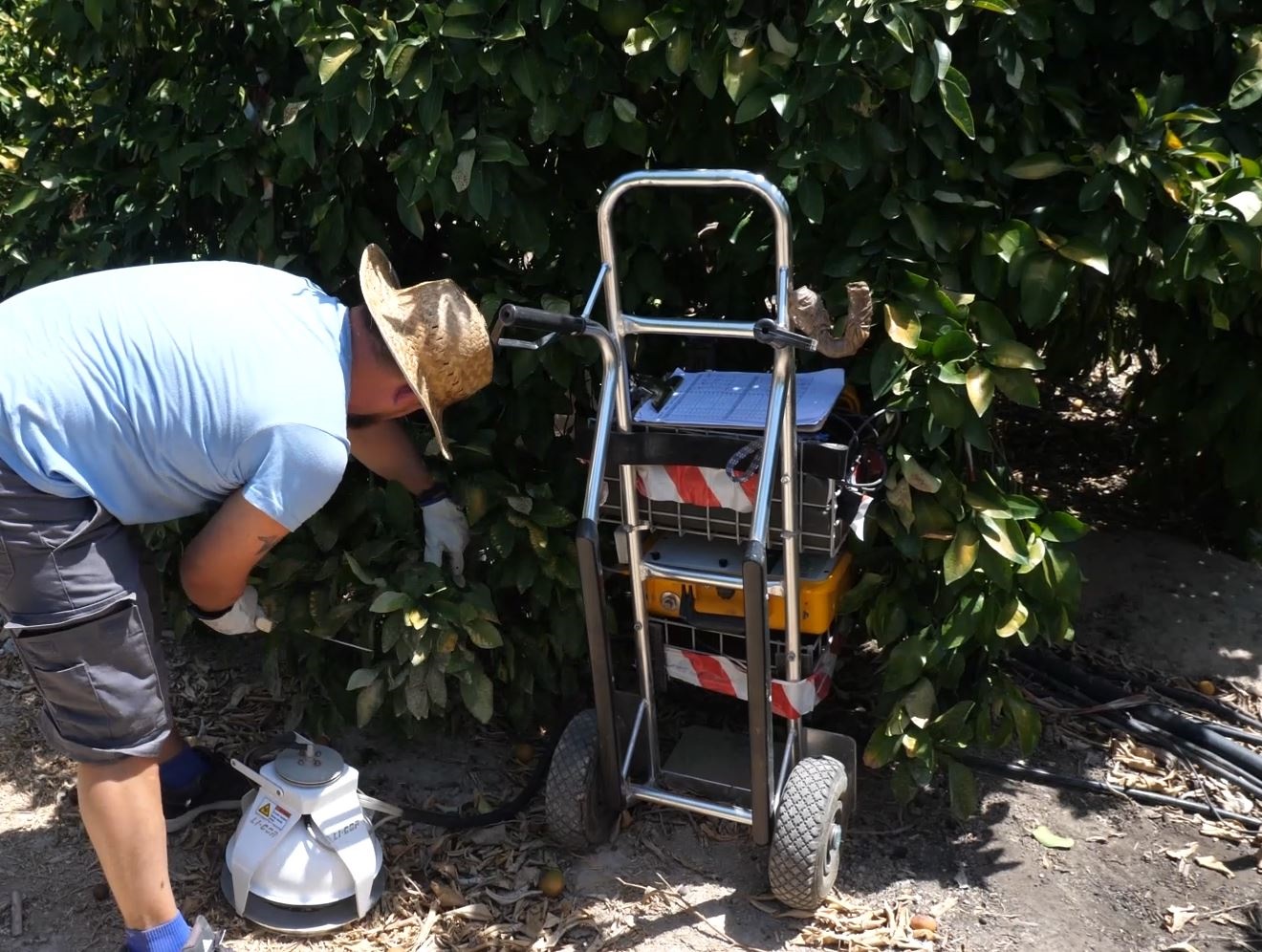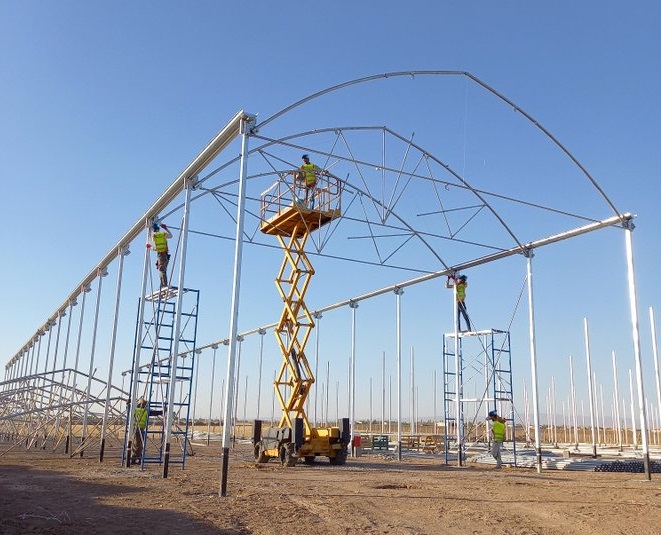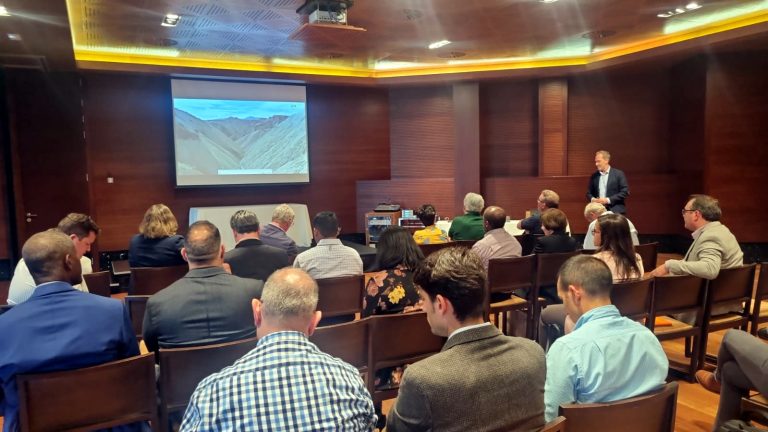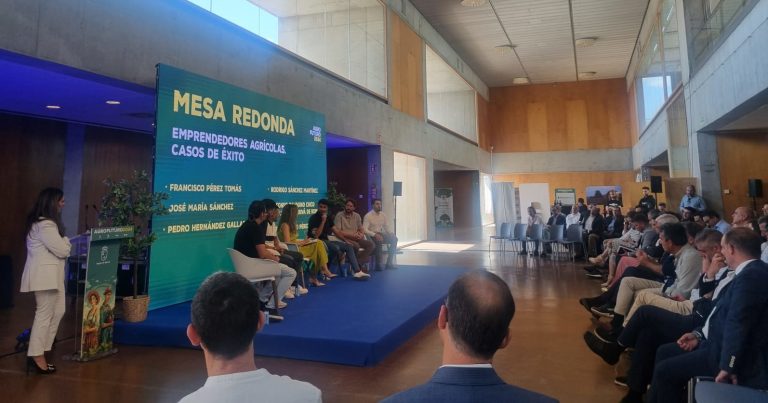The study shows how the application of ozone improves the availability of nutrients, increases the diffusion of oxygen and reduces the population of pathogens in the soil, without reducing quality and production
It is a new tool to optimise the use of reclaimed water for irrigation
The application of ozone during irrigation, when using reclaimed water from a Waste Water Treatment Plant (WWTP), can produce beneficial effects for the crop, such as improving the availability of nutrients, increasing the diffusion of oxygen in the soil and reducing the population of pathogenic microorganisms in the rhizosphere. All this, without significant losses in the quality and production of the crop.
These are the results of the study carried out by the Murcian Institute of Agricultural and Food Research and Development (IMIDA), a partner of AgritechMurcia, to evaluate the behaviour of an ozonisation installation on a plot when using water of different types (regenerated and transferred) and to obtain results in the agronomic and physiological field of a crop under these conditions, in this specific case, grapefruit.
REUSAGUA project
This action, within the framework of the recently concluded REUSAGUA project, has provided, after two years of study, a new tool to optimise the use of reclaimed water for irrigation, minimising the negative effects that the low agronomic quality of this water can have on the physiological and productive level. In this way, new guidelines for action have been provided by using ozone treatment on the plot, which will allow for a more efficient and safer use when using reclaimed water.
The project has been carried out in a citrus plot, using, given the ephemeral nature of ozone, an installation for the generation and distribution of ozone through the irrigation network, created specifically for this project and located in the plot, which uses reclaimed water from the Molina de Segura WWTP.
These studies have compared the effects observed both on the soil and on the crop and on the operation of the ozonisation installation itself in similar treatments with water from the aqueduct.
The new action protocols can soon be transferred to the end users. In addition, strong arguments have been put forward to promote a technology with great potential in the agricultural sector, with the aim of providing a new business niche within the industrial water sector in the Region of Murcia.
The study is part of the project ‘Integrated management of regeneration and efficient and safe reuse of urban wastewater in agriculture’ (REUSAGUA), of the call for projects Ris3Mur of the Autonomous Community of Murcia, co-financed with ERDF funds, AgritechMurcia partners (IMIDA, CEBAS-CESIC, Polytechnic University of Cartagena and AZUD) have participated together with other institutions and companies in the sector (University of Murcia, Technological Centre for Energy and Environment, Esamur, Emuasa and Hidrogea).








